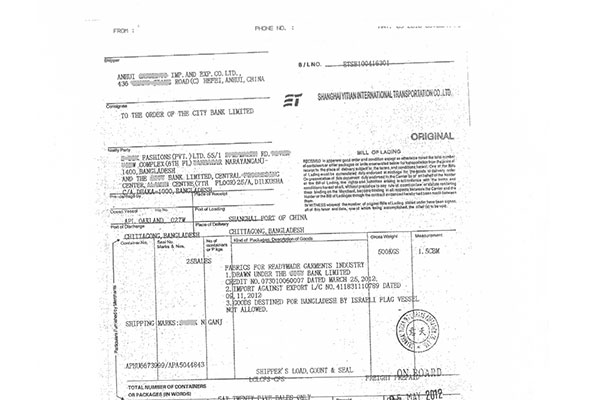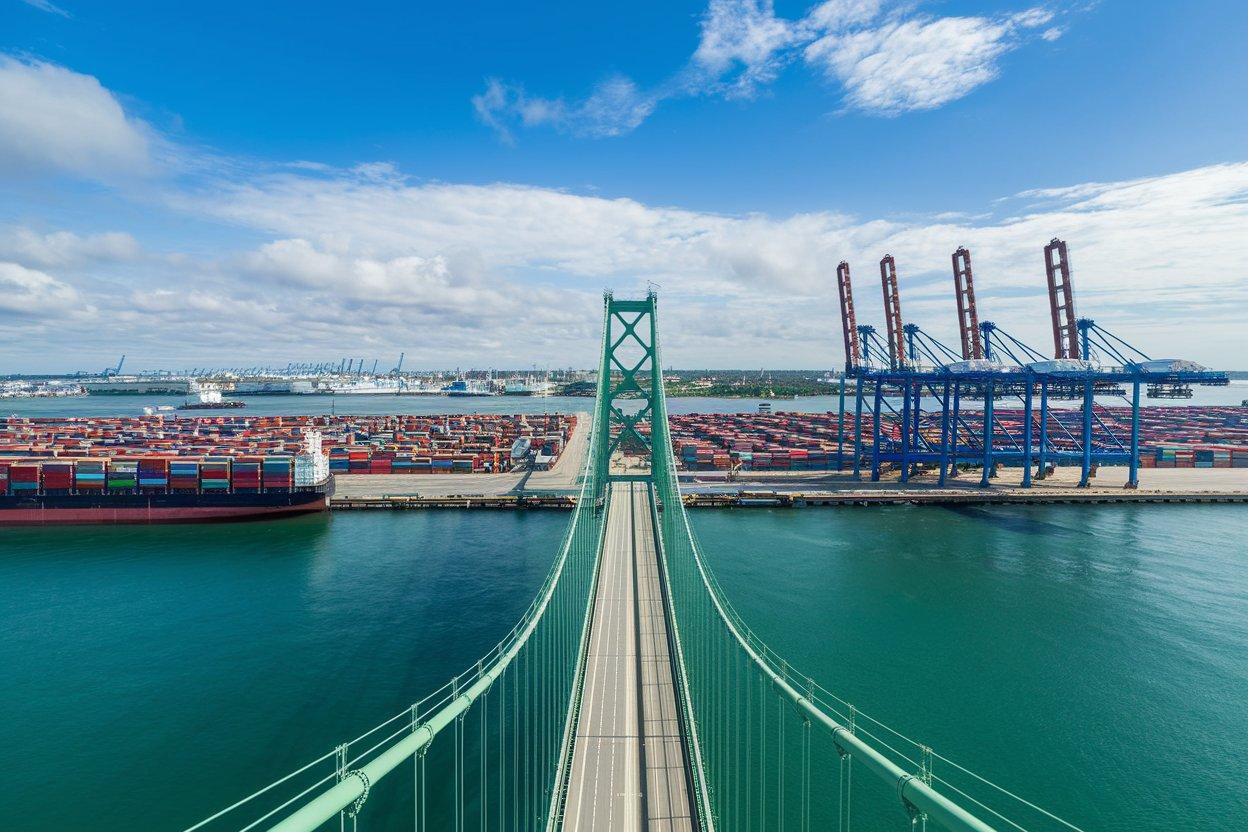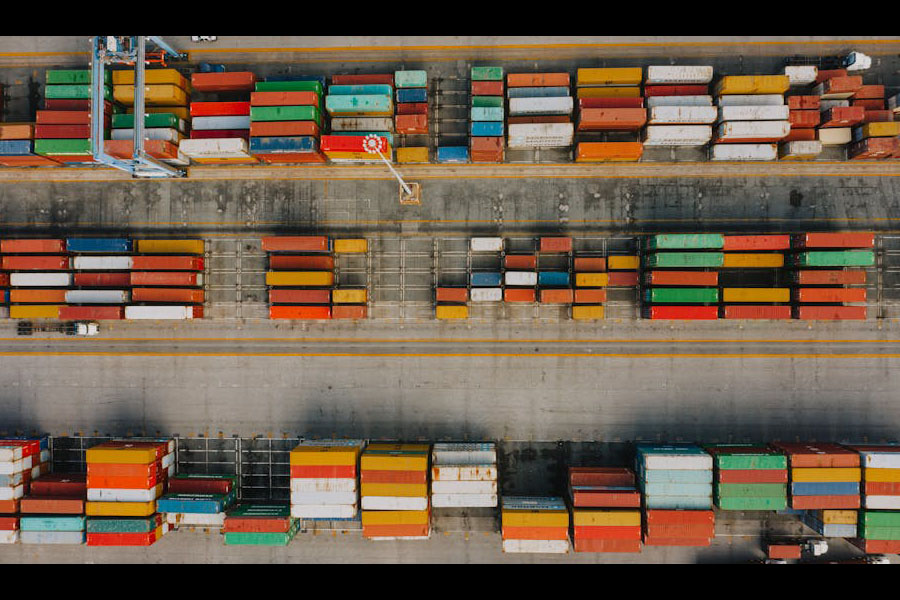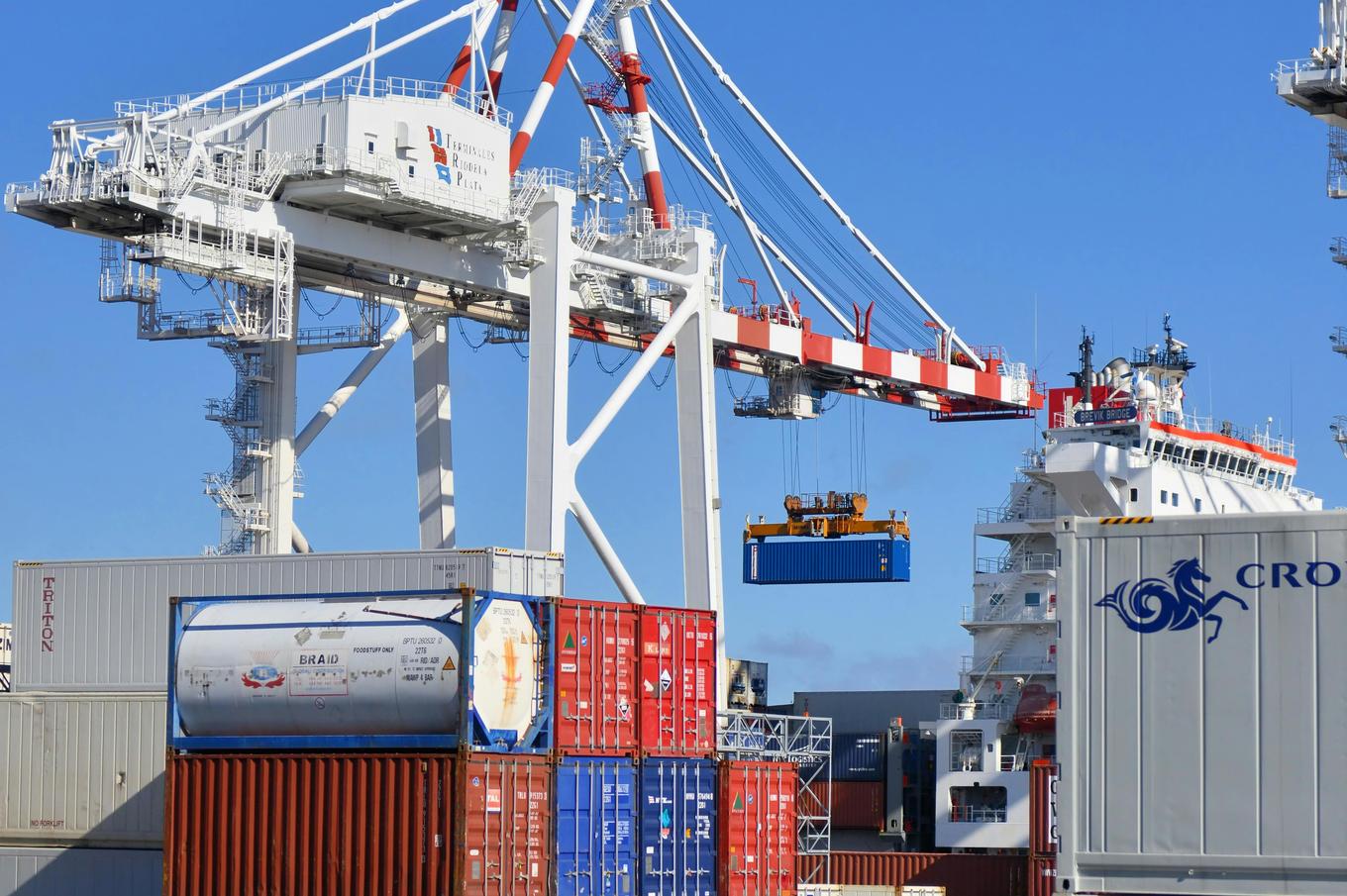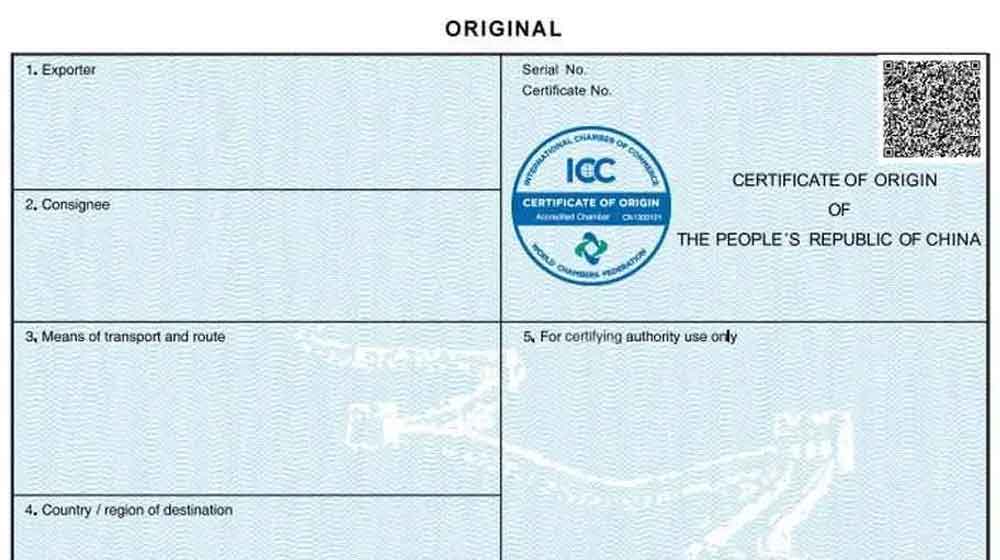- Shanghai Zhongshen International Trade Co., Ltd. - Two decades of trade agency expertise.
- Service Hotline: 139 1787 2118
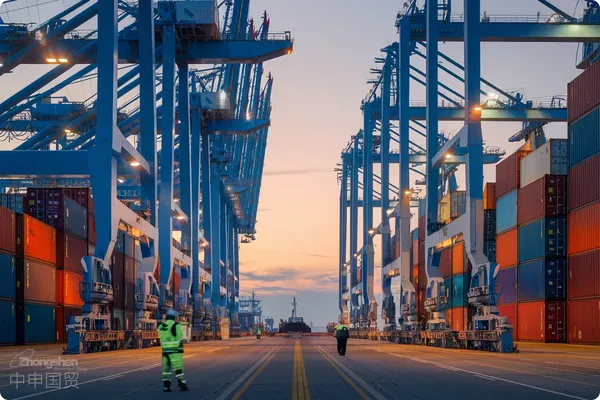
Contents
ToggleAccess Challenges in the Emerging Middle - East Market
In recent years, the Qatari government has continuously promoted the economic diversification strategy, and the annual growth rate of the sports industry has remained above 12%. The 2023 customs data shows that 68% of the customs clearance delay cases of sports equipment products are directly related to incomplete certification documents. Taking football training equipment as an example, export enterprises need to cross three certification thresholds:
Basic Certification Requirements
- It is recommended to verify through the following methods:Certificate of Origin (CO):It must be issued and certified by the China Council for the Promotion of International Trade, and the paper certificate must contain the seal of the chamber of commerce on the folded pages.
- Commercial Invoice Certification:The minimum requirement is certification by the China Council for the Promotion of International Trade, and embassy legalization is required for products involving patents.
- Certificate of Conformity (COC):Goods within the control list must pass the testing by the laboratory designated by the Qatar Standards Authority.
Practice of Preparing Customs Clearance Documents
Typical Case: A Zhejiang enterprise exported training roadblocks worth $150,000. Due to the failure to handle embassy certification in a timely manner, the goods were detained at the port for 17 days, resulting in additional costs of $23,000. The key operation points include:
- Start the certification process 8 weeks in advance and reserve a time window for document correction.
- The commercial invoice shall list the comparison between the HS code and the Qatar customs tariff code.
- The Arabic translation must be certified by a designated institution.

Risk Matrix for Freight Forwarder Cooperation
Division of Liability Boundaries
- Under CIF terms, the freight forwarder only assumes the transportation responsibility to the port of destination.
- The demurrage charges caused by defects in the customs clearance documents are usually borne by the Shipper.
- It is recommended to clarify the time nodes for document review in the transportation contract.
Risk Prevention Measures
- Require the freight forwarder to provide a summary of the latest customs clearance policies at the port of destination.
- Establish a communication mechanism among the three parties (exporter, freight forwarder, and buyer).
- Purchase credit insurance to cover the risk of document defects.
Fine - grained Management of Cost Control
- The certification fee is priced in a stepped manner: for goods with a value of less than $500, a fixed fee of $80 is charged; for the part exceeding $500, 0.15% is charged.
- Premium for express service: The normal process for embassy certification takes 15 working days ($120), and the express service takes 5 working days ($300).
- Logistics cost optimization: For LCL goods, it is recommended to choose the Middle East special line with a stable weekly schedule.
Digital Management Solutions
- Use blockchain evidence storage technology to solidify the certification process.
- Deploy smart contracts to automatically trigger document update reminders.
- Establish a historical case database to assist in decision - making.
Amid the digital wave, blockchain-based evidence storage and smart contract technologies are reshaping traditional certification processes. Exporters are advised to establish an '8-week early warning mechanism,' dynamically adjusting strategies by leveraging historical case databases. Remember: each certification document is a golden key to unlocking Gulf markets, and the cost of advance planning is always lower than port detention fines.
Related Recommendations
? 2025. All Rights Reserved. Shanghai ICP No. 2023007705-2  PSB Record: Shanghai No.31011502009912
PSB Record: Shanghai No.31011502009912
